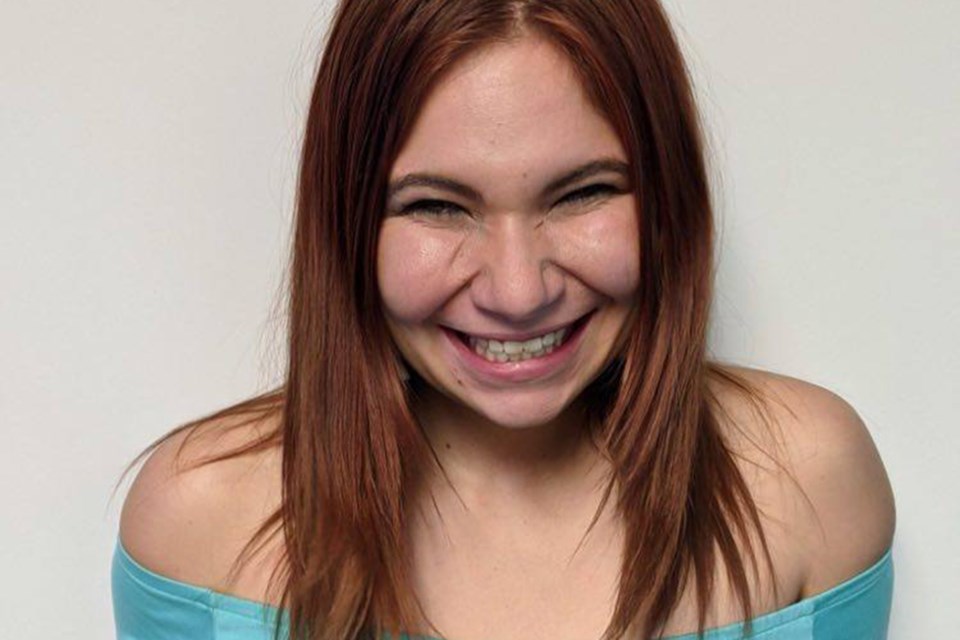Admittedly, this last month has taken a toll on me, as it has for many of us, coping with the historical trauma that comes with being a Canadian.
The flood of news stories on the unmarked burial sites containing the remains of Indigenous children forced to attend government-church-sponsored institutions was traumatic enough, and it did not prepare me for the varying reactions from non-Indigenous folks.
I was naïve to the number of people who are only now learning about the legacy of Canada’s physical and cultural massacre against Indigenous peoples. I also hadn’t realized how many would interpret this as a dark chapter of Canadian history, instead of a genocide that is very much still alive today.
When faced with a reality that is not one we wanted or expected, we will typically go through five stages of grief to protect ourselves. For some, that means denying truth because it requires no courage, and it is comforting to think this is behind us.
Some people have a breakthrough and will reach the next stage of anger, but usually, unfortunately, end up back at stage one where denial is familiar and feels easier.
The third stage is bargaining, which involves justifying actions that make no sense to you, while being sorry but not following up with action.
Those who can make it past the toughest stage of sadness will usually make it to the last stage of acceptance, which is where change occurs.
Thinking back to my younger years, I believe that, before colonization, my ancestors were uncivilized. I credit my obnoxious desperation to learn, the desire to reconnect with my roots, and an "off" feeling over the discovery of what appears to be a one-sided story for why I have already reached acceptance.
I hadn’t realized until recently that at the same time I was going through these stages, I was also mourning; I was also decolonizing; I was also building resilience.
Accepting parts of history led me to learn more: the 94 calls to action found under the Truth and Reconciliation Commission of Canada, and the Final Report under the National Inquiry into Missing and Murdered Indigenous Women and Girls, for a start.
While continuing to expand my knowledge, I could start dreaming about what a better world could look like for settlers and Indigenous peoples to live among each other, with so much potential.
With National Indigenous Peoples Day June 21, and Canada Day July 1, many people are in a state of confusion about how to act and what emotions to have.
The challenge I pose to you is to recognize what stage you are currently in. Then turn any guilt you are experiencing into grief and mourning. Change your privileges into accountability, and your thoughts and prayers into action. Change your complacency into resistance, and we can all help get each other through this.
Chelsea Gouchey spent much of her childhood in St. Albert and is now a TESOL teacher, hospitality manager, speaker, writer, activist, and avid globetrotter.



